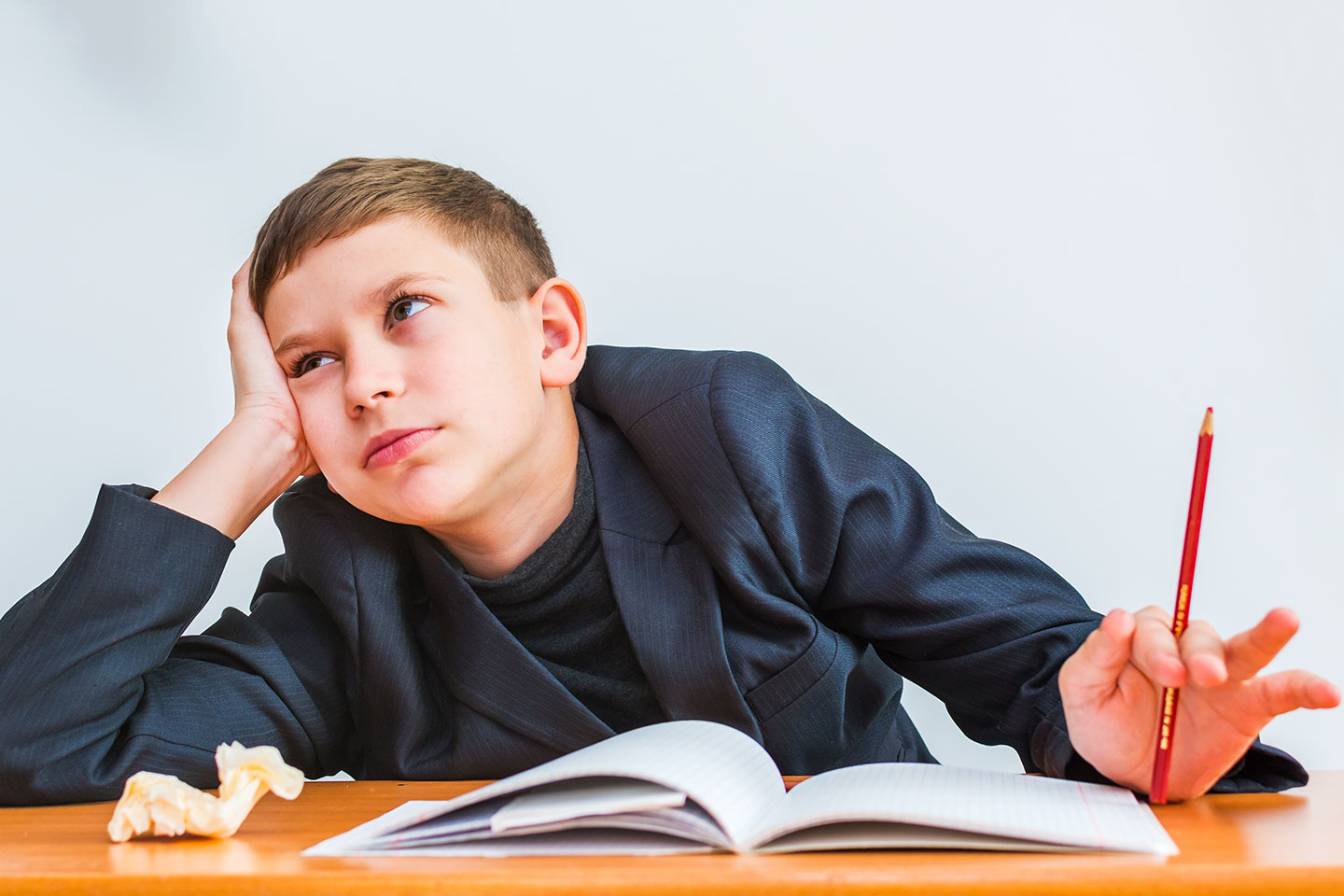Attention deficit hyperactivity disorder (ADHD) is a condition in which a person has trouble paying attention and focusing on tasks, tends to act without thinking, and has trouble sitting still. It may begin in early childhood and can continue into adulthood. Without treatment, ADHD can cause problems at home, at school, at work, and with relationships.
How is ADHD diagnosed? ADHD is often diagnosed when a child is between 6 and 12 years old. Teachers may notice symptoms in children who are in this age group, and may ask for diagnostic tests to be made. How is it treated? There is no cure for ADHD, but treatment may help control the symptoms.
Treatment may include medicines and behavior therapy. Therapy focuses on making changes in the environment to improve the child’s behavior. Often, counseling and extra support at home and at school help children succeed at school and feel better about themselves. Cause The exact cause of ADHD isn’t known, but it may run in families. A mother’s use of cigarettes, alcohol, or other drugs during pregnancy may increase the risk for ADHD. Also, exposure to lead may cause symptoms linked with ADHD.
Although many parents believe that foods with sugar and food additives make their children more hyperactive, these foods haven’t been shown to cause ADHD. Symptoms The three types of ADHD symptoms include: Trouble paying attention. People with ADHD are easily distracted.
They have a hard time focusing on any one task. Trouble sitting still for even a short time (hyperactivity). Children with ADHD may squirm, fidget, or run around at the wrong times. Teens and adults often feel restless and fidgety. Acting before thinking. People with ADHD may talk too loud, laugh too loud, or become angrier than the situation calls for. Children may not be able to wait for their turn or to share. Teens and adults may make hasty decision and spend too much money or change jobs often.
Tips for self-care
• Take care of yourself. Caring for your own physical and mental health is an important part of helping your child. And it will help you have the energy you need to take care of your child.
• Educate yourself about ADHD. You will be better able to help your child if you understand the condition.
• Learn behavior management skills. An important part of behavior management is setting natural and logical consequences for misbehavior. Tips for your child
• Help your child build self-esteem. Encourage a sense of belonging, confidence in learning, and an awareness of his or her own contributions.
• Help your child get the most out of school. Promoting school success will help your child academically, socially, and developmentally.
• Help your child get things done. Your patience, persistence, and creative thinking can help your child learn skills and accomplish tasks at home and at school. Managing behavior Overall, medicines are the most effective treatment for ADHD. But for mild symptoms, behavioral training, social skills training, training and education for parents, and counseling may be the main treatment. In people with severe symptoms, these methods are used along with medicine.
Source: emedicinehealth.com












